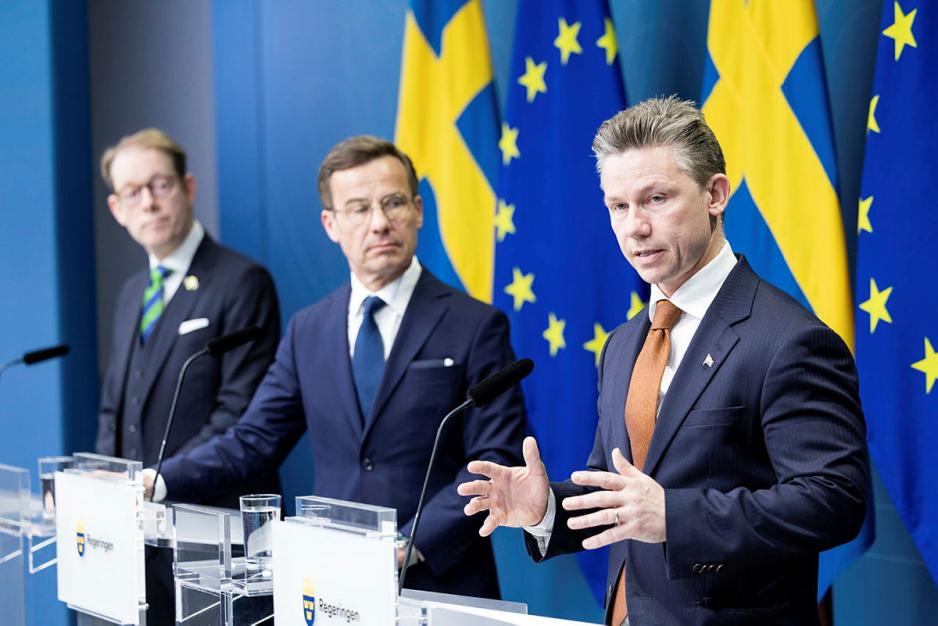
In a move signaling Sweden’s path toward NATO, the Scandinavian country has sealed a significant defense cooperation pact with the United States. The bilateral agreement, inked by Swedish Defense Minister Pål Jonson and US Defense Secretary Lloyd J. Austin III, grants the US access to all of Sweden’s military bases. Emphasizing bolstered regional security, the pact is crucial in fortifying the nations’ ties.
Strategic significance of the agreement
The agreement, signed at the Pentagon, is poised to enhance Sweden’s capacity to receive support from the US in times of crisis or conflict. While access to all 17 military locations is granted, the utilization would prioritize strategic military needs, as articulated by Defense Minister Jonson. The move aligns with Sweden’s evolving stance on security concerns, especially in the wake of geopolitical tensions in the Baltic Sea region, notably the proximity of Gotland to Russia’s Kaliningrad.
NATO aspirations and pending approvals
Sweden’s aspirations to join NATO have been propelled by regional security shifts, particularly following Russia’s invasion of Ukraine. While Finland has already entered the alliance, Sweden awaits approval from NATO members Turkey and Hungary. The delay in ratification by these two countries, particularly Turkey, has been attributed to security concerns and geopolitical negotiations.
Integration with NATO and operational alignment
Sweden’s contributions and strategic investments
Sweden’s commitment to defense, showcased by doubling its defense budget and allocating a substantial portion to acquisitions and innovation, reflects its dedication to NATO’s objectives. The country’s defense industry, capable of manufacturing various military assets, adds weight to its contributions to the alliance. Moreover, Sweden’s expertise in intelligence matters concerning Russia further strengthens its potential value to NATO.
Geopolitical implications and regional stability
The evolving geopolitical landscape, particularly Russia’s ambitions and actions in neighboring countries, remains a focal point for Sweden’s stance. The country perceives its potential NATO membership as a means to deter aggression and contribute to stabilizing the region. Jonson highlighted the unity of purpose in supporting Ukraine and preventing further aggression from Russia, emphasizing the urgency of NATO’s collective response.
Public support and political consensus
The aspiration for NATO membership enjoys significant public backing in Sweden, with a notable majority of the electorate in favor. As reflected in parliamentary seats won by pro-NATO representatives, political consensus signifies a broad alignment with the strategic shift toward NATO integration. Jonson emphasized the electorate’s recognition of evolving security threats, leading to a paradigm shift in defense strategies.
As Sweden navigates its trajectory toward potential NATO membership, the defense pact with the US is a pivotal milestone. The evolving geopolitical landscape and Sweden’s strategic investments and public support signify a broader shift in defense paradigms. The nation’s integration into NATO contributes to regional stability and aligns with a collective effort to address contemporary security challenges.
